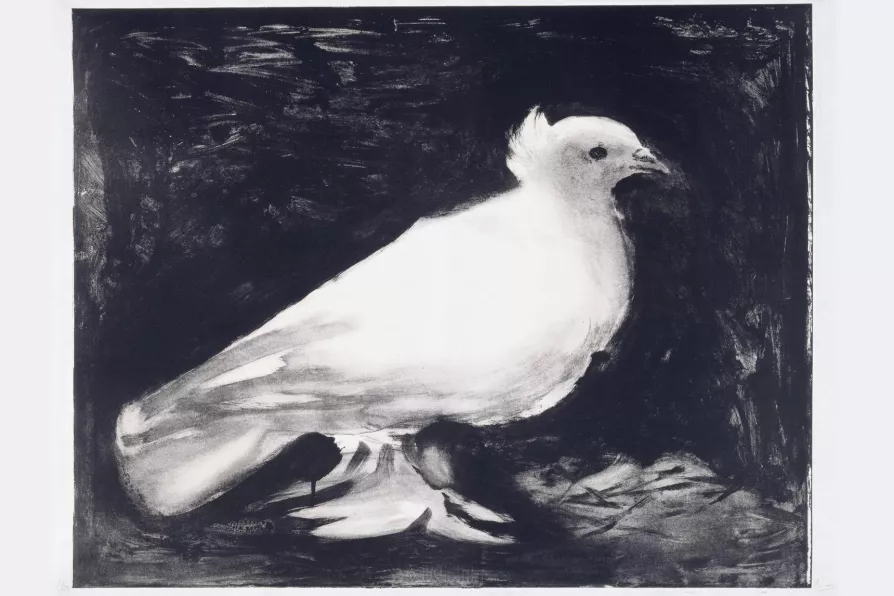Ten days after right-wing destabilisation attempts, Mexico’s leadership has emerged strengthened, securing historic labour and wage agreements, while opposition-backed protests have crumbled under scrutiny, says DAVID RABY


THIS weekend, the World Peace Council (WPC) is marking the 70th anniversary of its foundation and seven decades as an international mass organisation of struggle against imperialism and war and for peace and justice, in solidarity with all peace-loving people of the world.
At a recent meeting of its secretariat in Belgrade, WPC president Socorro Gomes said: “I would like to celebrate with you the long and brave path of our peace organisation, with its history of struggle and resistance … [It] remains committed to building ever more bridges, today and tomorrow, for the unity of the anti-imperialist, democratic and peace forces against oppression, colonialism, wars and domination.”
From April 20-24 1949 at the Salle Pleyel in Paris, 2,000 delegates from 75 countries gathered for the first World Congress of Partisans for Peace, which was shortly to be renamed the WPC.














